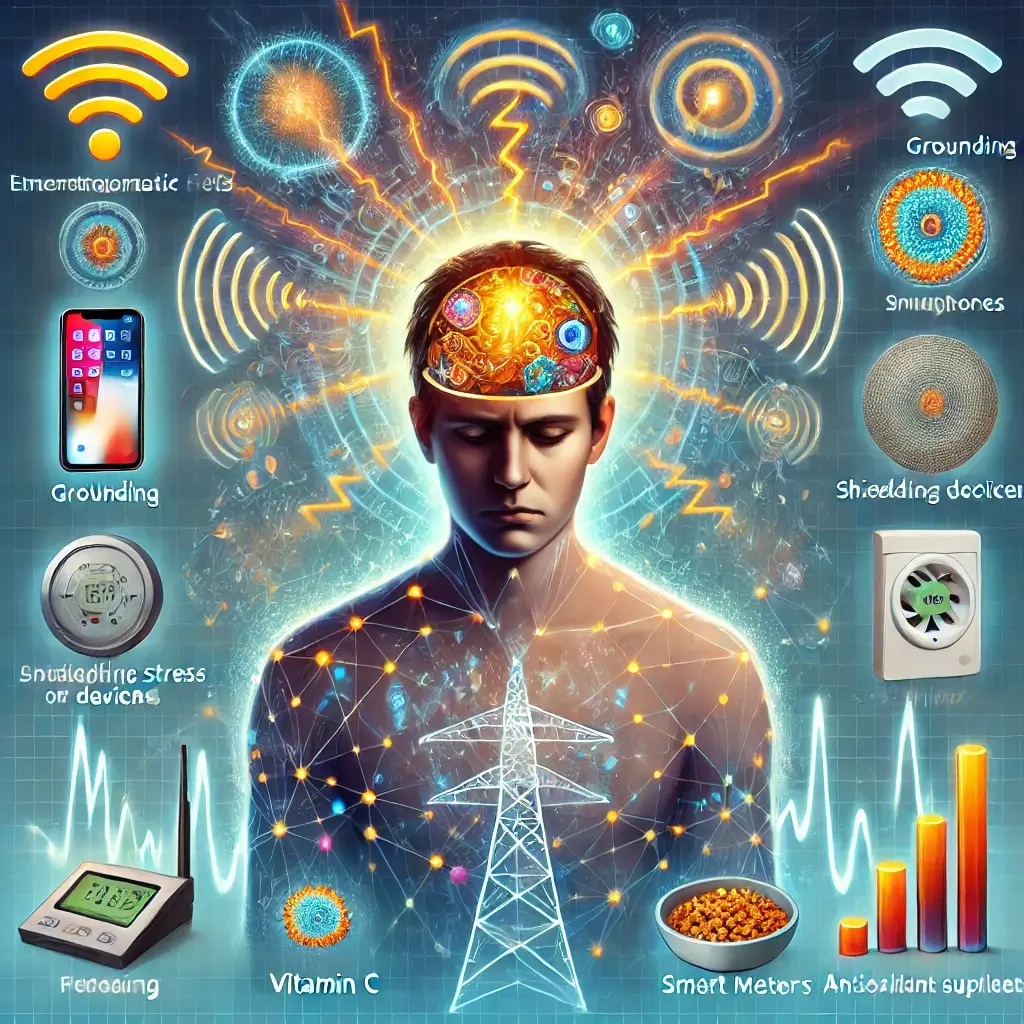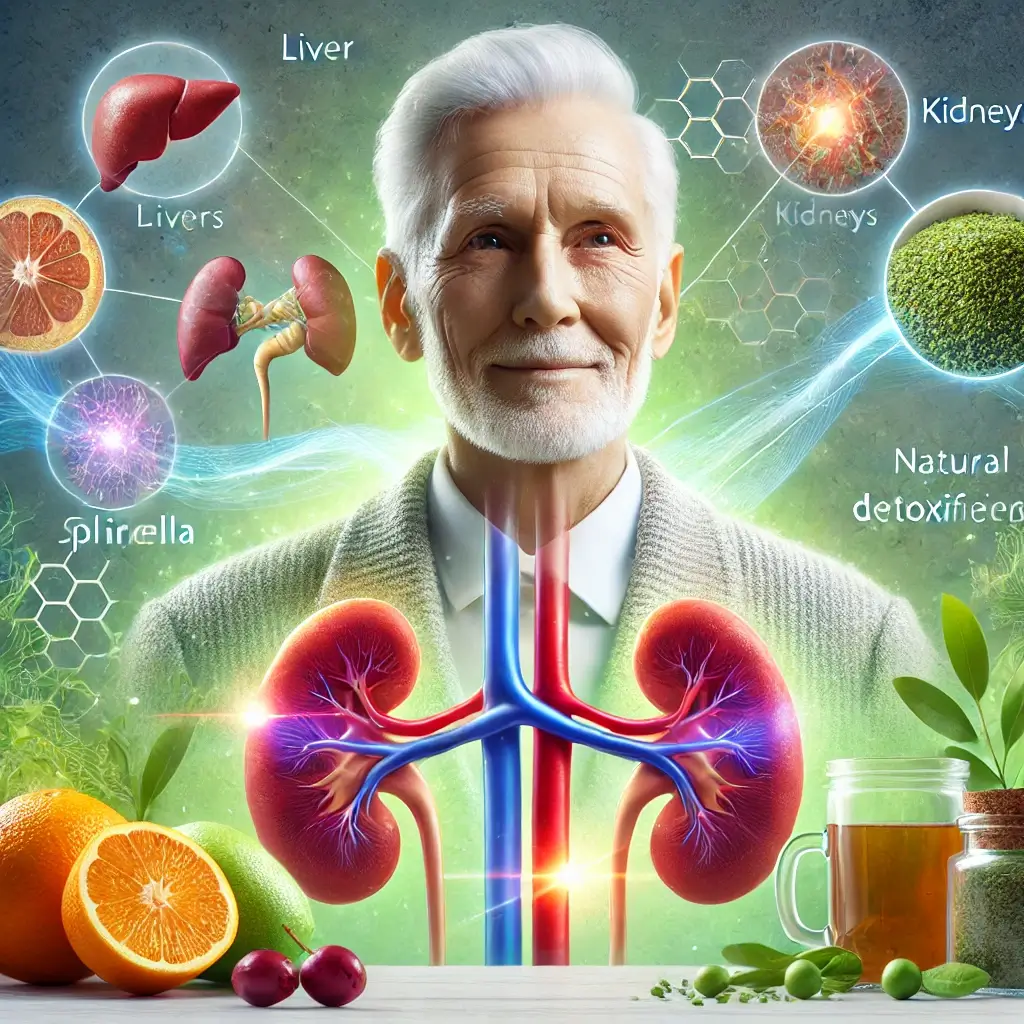How 4 Simple Mindfulness Practices Can Strengthen Senior Brain Health
Understanding Cognitive Decline and Mindfulness Solutions
In an aging population, cognitive decline presents significant challenges, affecting memory, focus, and overall quality of life. While traditional treatments often rely on medication, growing research highlights the power of mindfulness practices as a natural holistic solution for improving memory function. Mindfulness techniques, rooted in ancient contemplative traditions, emphasize present-moment awareness and intentional focus—skills that align with cognitive processes like attention, recall, and memory consolidation.
The Benefits of Mindfulness for Brain Health
Unlike invasive or pharmaceutical interventions, mindfulness offers a safe and accessible method to enhance mental clarity, reduce stress, and support neuroplasticity—the brain’s ability to reorganize and adapt. For seniors, this is particularly beneficial, as neuroplasticity tends to decline with age. Stress reduction through mindfulness practice, another major benefit of mindfulness, also plays a key role in preventing memory loss, as chronic stress can impair the hippocampus, the brain region responsible for storing and retrieving memories.
The Rise of Mindfulness-Based Interventions
In recent years, scientists and healthcare practitioners have increasingly advocated for mindfulness-based interventions for cognitive aging. These practices not only slow memory decline but also improve overall emotional and physical health, creating a comprehensive approach to senior well-being. This article will explore mindfulness techniques specifically tailored for seniors, summarize supporting evidence, and demonstrate how they can be effectively integrated into daily routines to enhance memory and cognitive health.
Focused Attention Meditation Overview
Description: This practice involves focusing on a specific object, such as the breath, while gently redirecting attention when the mind wanders.
Benefits: Strengthens attention span and improves working memory by enhancing the brain’s ability to focus.
Research Insight: A study in the Journal of Cognitive Enhancement (Anderson et al., 2023) showed that older adults practicing focused attention meditation for eight weeks displayed measurable improvements in memory retention and attention control.
Loving-Kindness Meditation (LKM) Explained
Description: LKM involves cultivating positive emotions toward oneself and others through guided phrases and visualization.
Benefits: Reduces stress and emotional burdens, which directly influence cognitive decline and memory loss.
Research Insight: Research from Mindfulness (Thompson et al., 2023) found that seniors practicing loving-kindness meditation reported reduced stress and enhanced memory consolidation, as emotional regulation alleviates mental distractions.
The Power of Mindful Listening
Description: This technique involves paying close attention to sounds in the environment, such as nature sounds, music, or spoken words.
Benefits: Improves auditory memory and attention by enhancing focus and sensory processing.
Research Insight: A study published in Aging, Neuropsychology, and Cognition (Lee et al., 2022) revealed that seniors who practiced mindful listening improved recall ability and reduced cognitive fatigue.
Walking Meditation Benefits
Description: This involves slow, intentional walking while focusing on body sensations and the rhythm of each step.
Benefits: Enhances spatial memory and attention switching, and physical coordination, which are vital for cognitive health.
Research Insight: In a clinical study, seniors practicing walking meditation for cognitive improvement demonstrated improvements in both motor function and memory retrieval, highlighting the connection between physical activity and brain health.
Current Trends in Mindfulness Programs
The growing adoption of mindfulness programs in elder care is transforming cognitive health strategies. Programs like Mindfulness-Based Stress Reduction and Cognitive Therapy are now widely implemented in senior wellness centers, rehabilitation clinics, and assisted living facilities. These structured programs provide seniors with accessible, evidence-based tools to address memory concerns and cognitive decline.
Digital Solutions and Research Developments
Furthermore, digital platforms and apps tailored for seniors, such as Insight Timer and Headspace, offer guided mindfulness exercises specifically designed to accommodate age-related challenges like hearing loss or limited mobility. By providing flexible, at-home options, these tools make mindfulness practices more inclusive and convenient for older adults. Emerging research utilizing neuroimaging technology also continues to validate mindfulness’s impact on brain structure. For instance, MRI studies show that consistent mindfulness practice can increase gray matter density in the hippocampus and prefrontal cortex, areas essential for memory retention and executive function. These findings underscore the neuroprotective role of mindfulness in aging populations.
The Future of Mindfulness for Cognitive Health
Mindfulness techniques offer seniors an empowering and accessible way to enhance memory function, reduce cognitive decline, and maintain overall brain health. Practices such as focused attention meditation for memory enhancement, loving-kindness meditation, and mindful listening address both cognitive and emotional challenges associated with aging. As mindfulness programs and digital tools become more widespread, seniors now have greater opportunities to adopt these evidence-based practices into their daily lives.
Final Thoughts on Mindfulness Impact
By embracing mindfulness, older adults can experience improved memory retention through mindfulness practices, reduced stress, and a higher quality of life, proving that simple, intentional practices can have profound effects on cognitive resilience.













